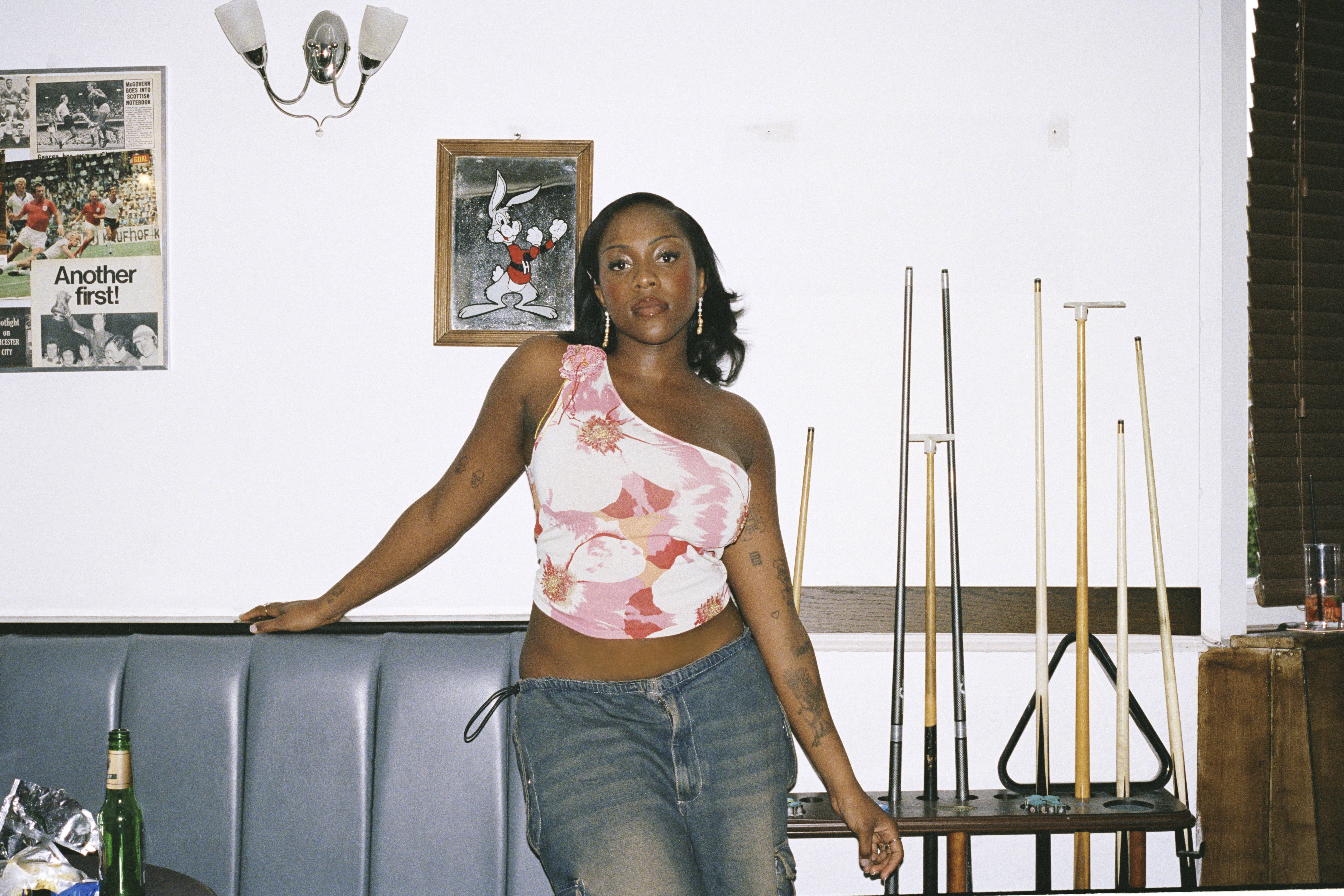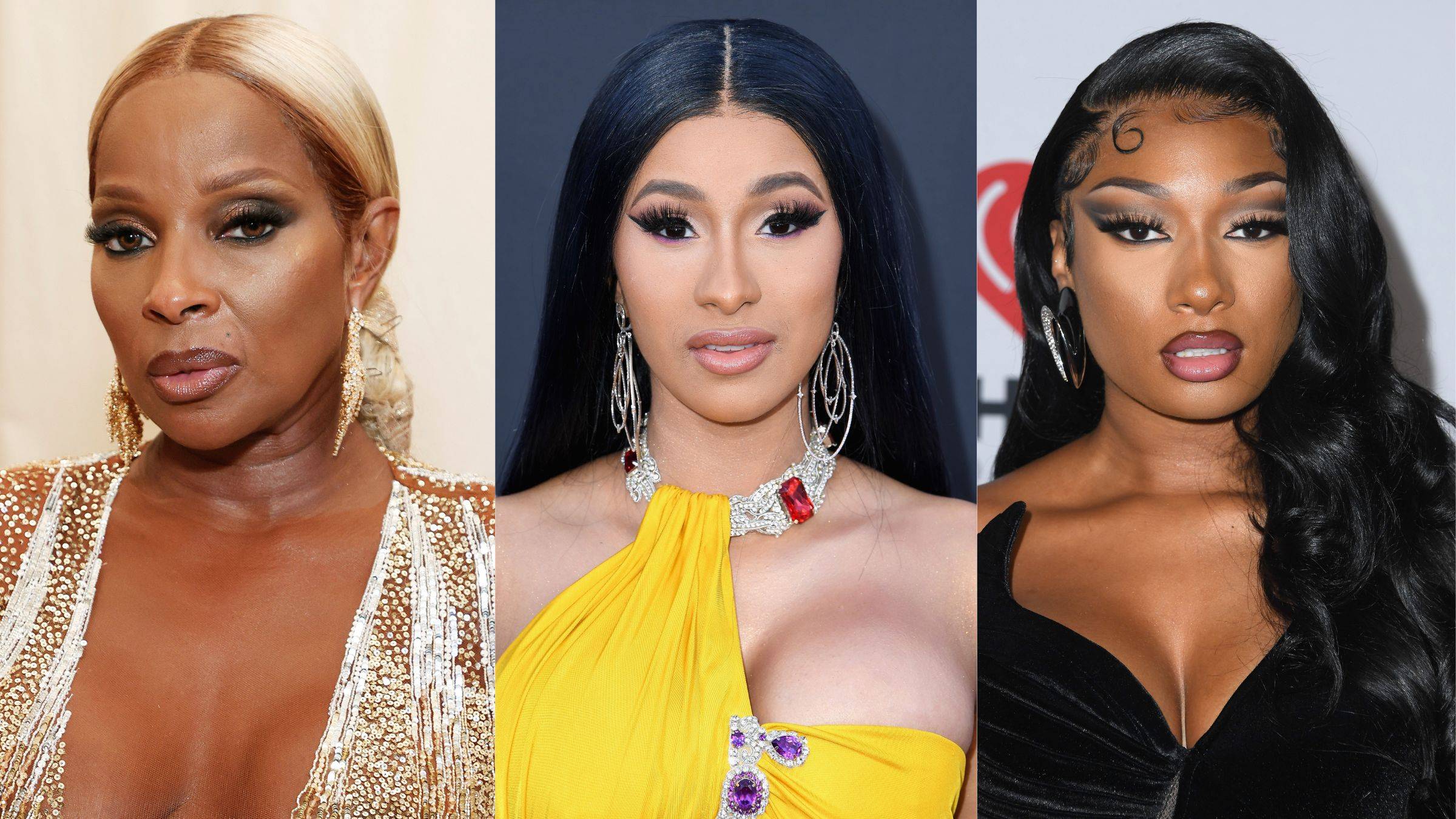Black Women and Domestic Violence | Body and Soul
(www.BlackDoctor.org) -- What Is Domestic Violence?
Domestic violence, partner abuse, and battering refer to the physical, emotional, sexual, and psychological abuse, performed by one person against another. The abuser and the victim are involved in or have had an intimate or romantic relationship.
Who Are The Victims?
Domestic violence, including battering, happens in all socioeconomic levels, to urban or rural women, young or old, with child and childless, single, married, divorced and within all religious, racial, ethnic groups, and geographic locations. Councils On Family Violence has designated domestic violence battering as an “Unreported Epidemic.” It is important to note, that women initiate and carry out physical assaults on their partners as often as men do, according to a 1993 study by Straus and Gelles. However, when it comes to serious physical abuse, women are still overwhelmingly on the receiving end.
The Impact Of Domestic Violence On Women:
More women are injured through domestic violence than by rape, muggings, and car accidents combined. Many pregnant women have been and may be victims of domestic violence abuse. Forced sex or marital rape is the leading type of sexual assault. Yet marital rape or forced sex maybe the most underreported and least legally punished crime of partner abuse because many victims are reluctant to report and file charges against the abuser, for various reasons. The Justice Department’s 1994 National Crime Victimization Survey (NCVS) found that only about half of the women who suffered domestic violence between 1987 and 1991 reported the abuse to law enforcement authorities.
Domestic Violence and African Americans
African Americans, including African American Women suffer deadly violence from family members at rates decidedly higher than for other racial groups in the United States. However, it is observed that research concerning family violence among African Americans is inadequate.
Factors such as the breakdown of families, unemployment and underemployment, poor schools, inadequate vocational skills and training, bad housing, the influence and use of drugs, and the density of liquor stores in the inner city contribute to the problem of domestic violence. All of these ingredients may compound and coalesce into a strong undercurrent of frustration that can lead to domestic violence.
A Painful Dilemma
Many Black women may find it harder to leave a battering relationship than White women. The reasons for this are unclear, but some possible explanations include the following: (1) African American women have fewer options in their search for a marital partner than do White women; (2) African American women on average, have a lower income level than that of most White women; (3) Black women are reluctant to call the police because they see the racial injustice in the criminal justice system; (4) community support systems including women’s shelters and other service programs may be less available to them and they may view the shelter system movement as something mainly to benefit White women. Unfortunately, many Black women resort to “homicide” as an answer to the violence and battering they encounter.
What You Can Do If You (Or A Friend) Suffers Domestic Violence
• Domestic violence is a Federal crime. Call 911 immediately. This will activate the criminal justice system in regards to your domestic violence abuse and injurious claims. Experts say that women are beaten about five times before they ever dial 911.
• Try to give police all available information and make certain that the police listen and write down your statements and their observations, and direct quotes of what your abuser said while attacking you.
• Never refuse medical evaluations and medical services! Never clean up the house or location after a domestic violence attack, so that critical evidence of harm or injury is not removed. Keep a Polaroid or some type of camera and film on hand to photograph your injuries and any damage to property, etc. Remember, “a picture is worth a thousand words,” and is a good sign of evidence.
• Call domestic violence resource agencies in your community or call the National Domestic Violence hot line at (800) 799-SAFE. This hotline was initiated in 1996 with cooperation from the Justice Department. Through this hotline, a woman anywhere in the United States can be connected to resources to help her get away from her violent abuser.
This tagline should appear at the end of each article: BDO (www.BlackDoctor.org





